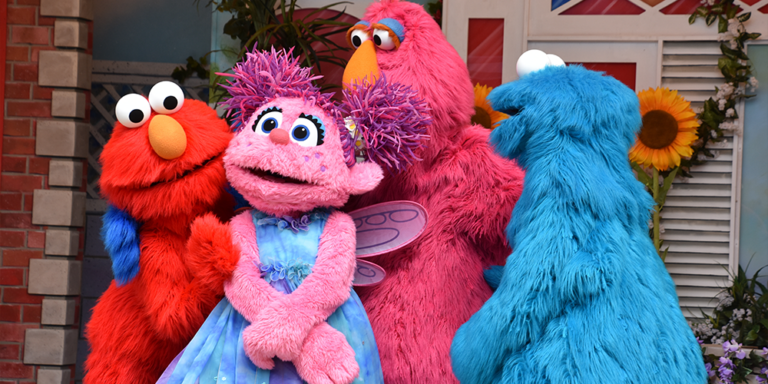The Bachelor, Survivor, American Idol, Real World, Deadliest Catch, Shark Tank, Duck Dynasty…the list goes on and on. While these shows often seem like just a teacher’s guilty pleasure, they go beyond encouraging procrastination and providing a reason to eat an entire bag of popcorn in one sitting. These shows are based on reality, and they typically suck us right in!
What does reality have to do with these shows? Very little when you actually pay attention to the “stars” and the plots clearly sketched out by writers and producers.That being said, realitydoes have an impact when we are working to engage learners in the classroom.We could take a cue from how these engaging shows are structured.Real-world learning increases engagement, creates opportunities for students to make connections, and develops student skills that will be used in adulthood. This authentic learning provides a reason to the student who is always asking, “Why do I even need to know this?” Real-world learning activities often allow students to make an impact on a larger scale. And, if this type of learning is done well, it will suck your students in too!
Here aresixmethods for bringing the real world into your teaching:
2) The Mentor: Providing students with a mentor creates an automatic bridge between the classroom and real life. Mentors can be chosen specifically based on the academic goal in mind, selected for an area of student interest or recruited for more general purposes to provide a strong adult role model for a learner. There is significant research on mentorship and positive impacts for students as well. Why wouldn’t you do this? Watch this great example of mentoring from our video library:

3) The Role Play: When we provide students the opportunity to role-play, we give them a chance to see a new perspective, build empathy and provide context for them to reflect on their own beliefs and assumptions. Role-playing moves learning beyond paper, pencil, and book to preparing and thinking in response to a “real” situation. Plus, it’s fun!
4) The Simulation: While a simulation is similar to a role play, the activity is based on a scenario. Students might have roles to play, however, this is not always the case. A simulation allows students to use the skills they are learning and developing in a real-world situation. These activities increase engagement, academic conversations, transfer of knowledge/skills, metacognition, and social skills. Watch Mr. King make learning a “whole different world” using simulation:

5) The Competition: Want to see your students rise to the occasion? Produce better products and projects? Feel an urgency to do their best? An academic competition might be the ticket. This real-world learning experience allows students to put their best foot forward at a local, state, or even national level, but teachers can also create a similar atmosphere in their own classroom by holding a history, cribbage tournament or Shark Tank pitch. Move academics outside the confines of the classroom through this authentic learning opportunity!
6) The Exhibit: Have students create a museum and put them in charge of the artifacts, displays, and explanations to expand their learning. Individual projects brought together to form a whole can increase collaboration and ownership in learning outcomes. Take a look at how these students earn their place as respected contributing members of the art community:

So, it doesn’t matter if your guilty pleasure is Top Chef or Married at First Sight, reality TV can provide some insights into how to provide real-world experiences to your students and increase the authentic learning in your classroom…even after the final rose!







